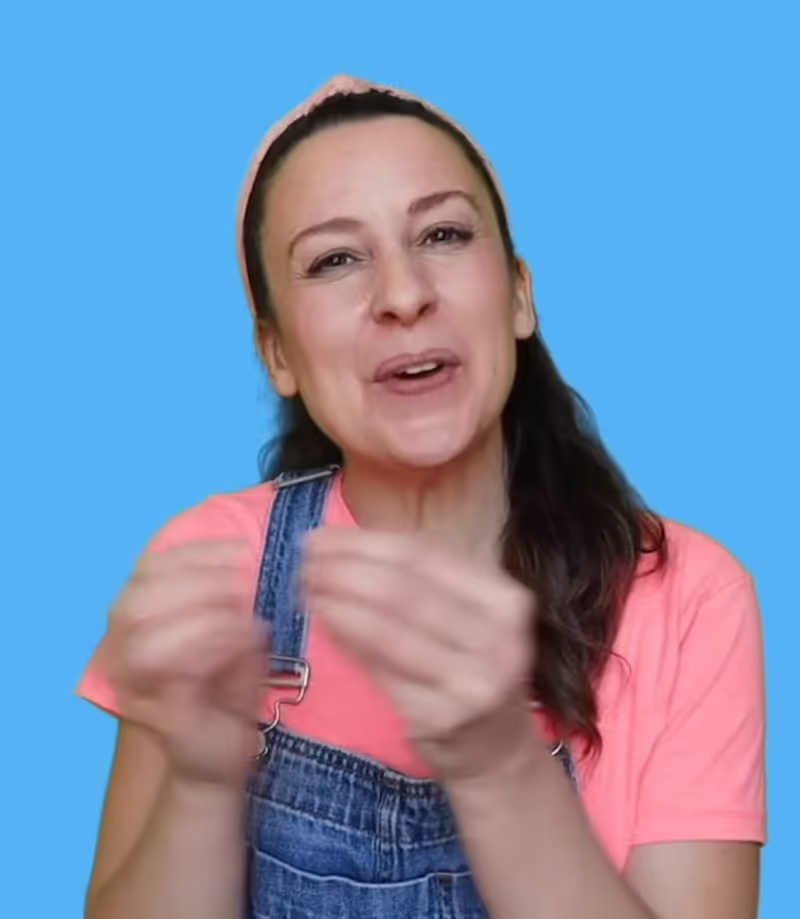What Ms. Rachel Can Teach Us About How Inclusive Programming Is Central to Societal Evolution

For those who don’t know who Rachel Accurso is, she is better known by parents, guardians, carers and kids around the world as Ms Rachel.
Rachel creates music-centred development videos for toddlers and infants on YouTube and, as of yesterday, Netflix.
Before having my son, I was convinced I’d be able to completely avoid slapping on any form of tech-related distraction to keep him entertained and avoid a tantrum. How naive I was to the role exhaustion plays in the erosion of these principles.
In the search for content that aids development, teaches other languages and anything that supports the creation of a superhuman, my wife found Ms Rachel.
Fast forward a year, and my one-and-a-half-year-old suffers from verbal diarrhoea. One of his favourite words is ‘more’, mainly used to demand food. Every time he says it, he puts down whatever is in his hand, clasps his fingers together and connects both hands. It was only until a couple of weeks ago when watching Ms Rachel with my son, that I noticed she does the same action. What makes her content stand out is a desire for inclusivity by utilising sign language when teaching words and phrases.
In marketing and advertising, the conversations that surround inclusive programming are often reductive. The conversation focuses purely on a historically marginalised group that the inclusion centres around e.g., including a same-sex couple to appeal to LGBTQIA+ audiences, a Black family (often goes as far as Black dad, mixed raced child) to appeal better to Black (“BAME”) audiences, and so on.
But the consequences should be seen as more than that. Normalising the diverse realities of society will improve it. As long as it’s done accurately, which is only achieved when there is a focus on obtaining real human insights and working with creative and production teams that represent the intersectional world we live in.
The fact my one-year-old son uses sign language is an example of this.
Media and advertising have the power to change the world. So route your campaigns in inclusive marketing and communications for the right reasons, not just to tick boxes, but to generate a wide-reaching impact across all audiences.
Want more unfiltered insights straight to your inbox? Subscribe to our newsletter for the latest trends, bold takes and tips on how to resonate with diverse audiences. Or, if you’ve got a project in mind, drop us a message—we’d love to chat!






